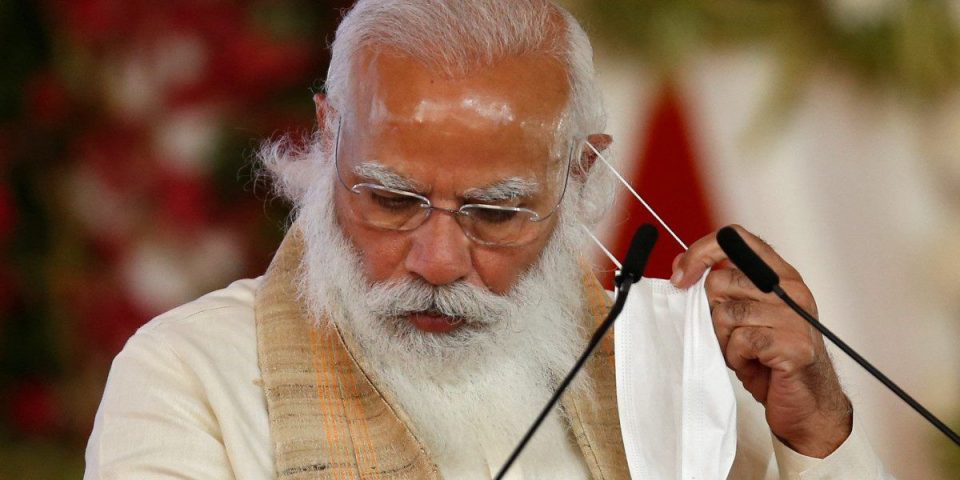The ‘One Nation, One Election’ bill is expected to be implemented by the Modi government during the special Parliament session. ‘One Nation, One Election’ refers to simultaneously holding elections all over the nation. This specifies that both the Lok Sabha and all state assemblies elections in India will occur simultaneously.
Pralhad Joshi, the Union Minister of Parliamentary Affairs scheduled the session unexpectedly between 18th September to 22nd September. After announcing a special parliamentary session, a committee led by former President Ram Nath Kovind was established to focus on the “One Nation One Election” legislation. This idea is expected to be a main theme for the upcoming Lok Sabha elections.
One of the primary objectives for conducting simultaneous elections is to reduce the expenses during separate elections. According to the reports, Lok Sabha elections in 2019 alone accounted for a considerable cost of Rs 60,000 crore. This value covers the expenditures of political parties participating in the elections along with the funds allocated by the Election Commission of India (ECI) to conduct the elections in the country.
The supporters of the bill argued that it would improve the efficiency of the administration across the nation, as the administrative process slows down significantly during election periods. Routine administrative tasks are affected, as officials get engaged in duties related to the elections. Moreover, it will help in maintaining consistency in the policies and procedures of both central and state governments. The Model Code of Conduct is imposed during election periods that would restrict the launch of any new projects for public welfare. Additionally, the Law Commission stated that simultaneous elections can lead to increased voter turnout, as it offers greater convenience for voters to cast their vote simultaneously.
A study conducted by the IDFC Institute in 2015 revealed that 77% voters would opt for the same winning party or make alliance with both the state assembly and the Lok Sabha if simultaneous elections were held. However, when elections are scheduled with a gap of six months, only 61% of voters would make the same choice. Concerns were raised regarding the possible challenges that simultaneous elections could pose to the country’s federal system.
Regional parties expressed their concerns over the simultaneous elections, fearing that their ability to focus local issues effectively would be overpowered by national concerns. Moreover, they predicted challenges in terms of election expenditure and strategic campaigning in competing with national parties. Conducting the elections simultaneously would require constitutional amendments to align the terms of state legislative assemblies with that of the Lok Sabha, amendments related to the People Act and other parliamentary procedures will also be amended.

